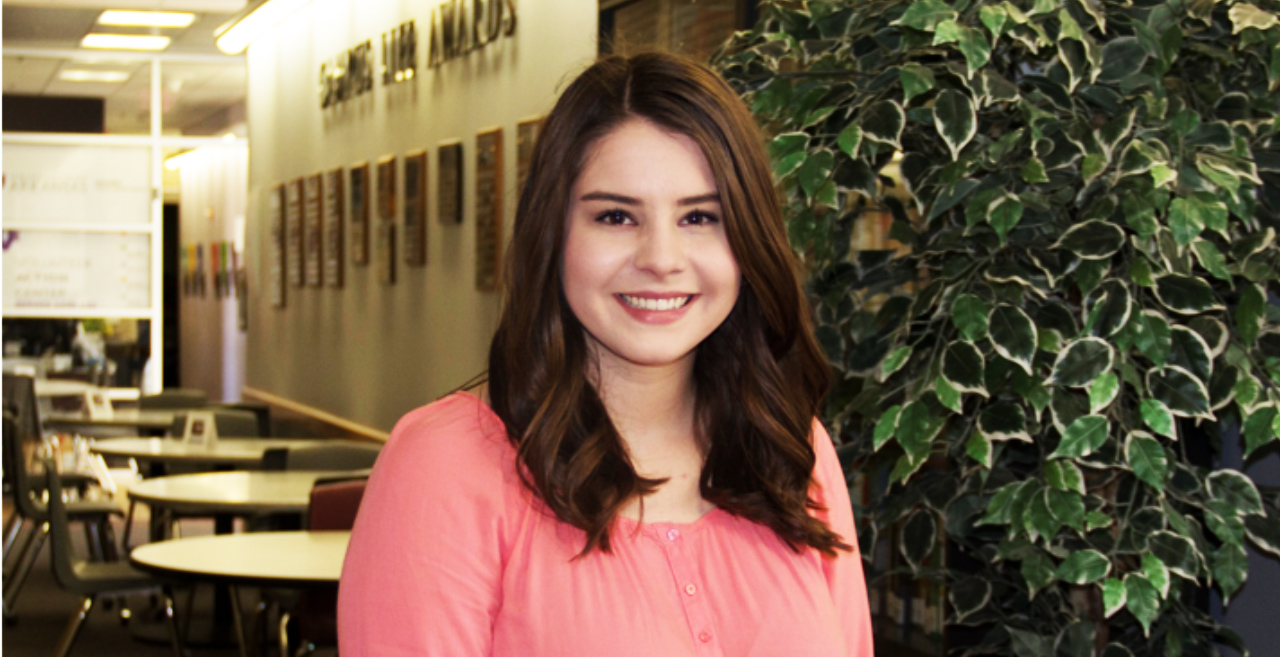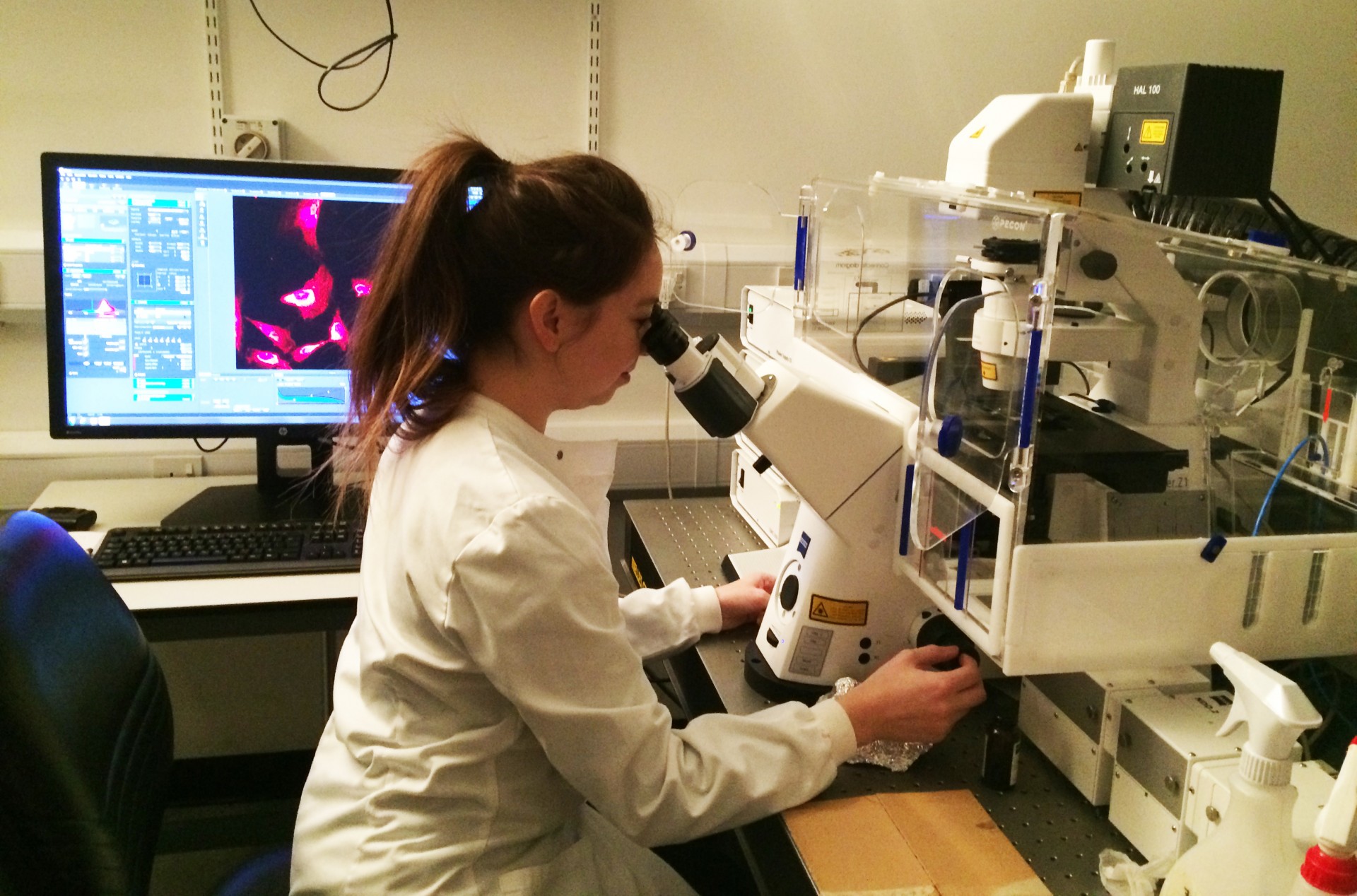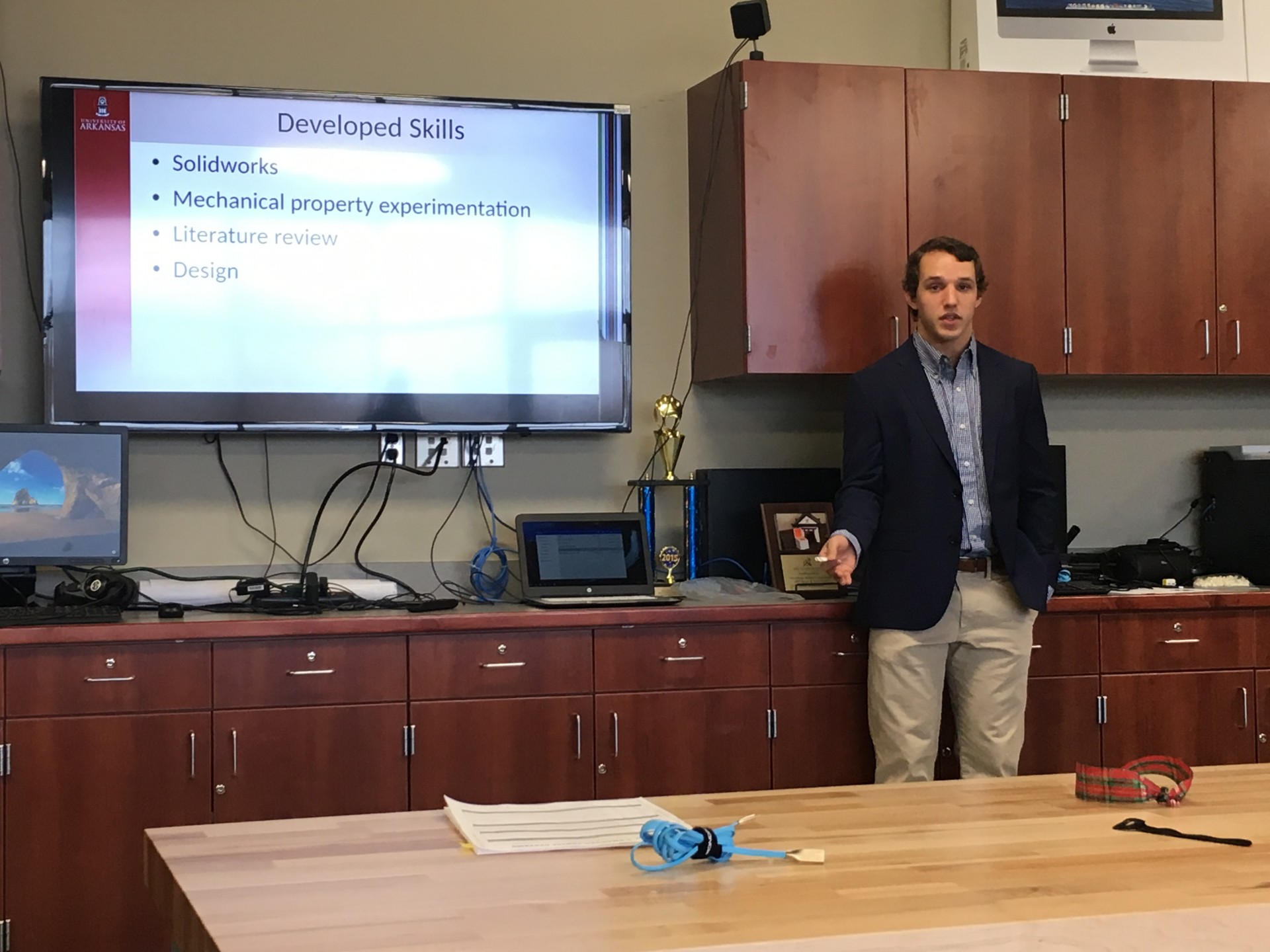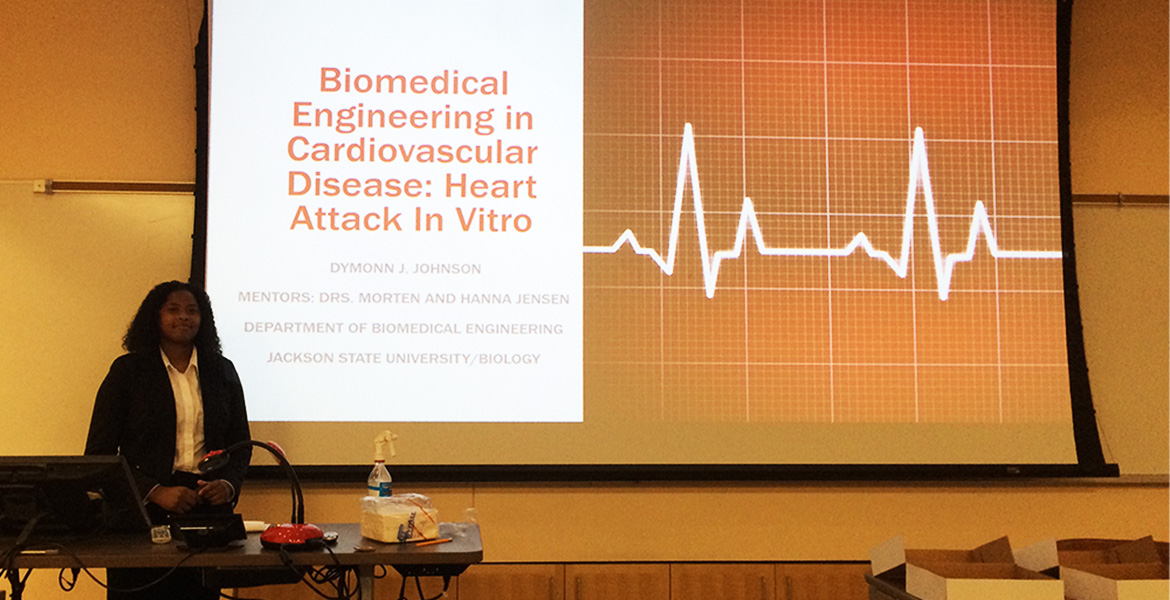Apr 4, 2017 | Advice From...

Hailey Carter
Hailey Carter, a sophomore studying biomedical engineering here at the University of Arkansas, was recently named February’s “Student Leader of the Month.” Below, she offers 10 tips on how to succeed as an undergraduate engineering student here at the U. of A.
1. Get involved. I know just about everyone says this, but it truly is so important. Getting involved on campus not only acts as a release from class work, but it helps you to grow as a person. Through getting involved, you are able to meet other people who may share a similar passion as you but differ in every other capacity. This allows you to learn how connect with others all around campus. For me, I have loved getting involved in the Volunteer Action Center and my sorority, Kappa Delta.
2. Don’t be afraid of change. For as long as I can remember, I always told myself I didn’t want to be an engineer. I think this stemmed from many people telling me that I should study engineering. After coming to the University of Arkansas and learning about the Biomedical Engineering department, I knew instantly that that was what I wanted to do. Every day since making that decision, I have been challenged and have expanded my knowledge at an exponential rate. I can confidently say that I cannot imagine studying anything else. Change can be terrifying, but college is a time to explore and expand your horizons. With this is likely to come change. You are learning new skills and gaining knowledge that is shaping you into the functioning member of society you will one day be. Also, you may have thought your college experience would be one thing, but turns out it’s completely different. Accept that and make the best of it. Do not fear each day just because it is different than the one before it.
(more…)
Feb 17, 2017 | Internships

Perez imaging with the confocal microscope
Jessica Perez is a master’s student in biomedical engineering here at the U of A. As part of a year abroad, she’s been given the opportunity to do research training at the Harefield Heart Science Centre, located in northwest London. Below, she reports on her experience:
My name is Jessica Perez, and I am currently a master’s student in the Biomedical Engineering Department with Dr. Kartik Balachandran as my graduate advisor. I had done undergraduate research with Dr. B when I was pursuing my Bachelor’s in Biomedical Engineering, and when I decided to do my master’s degree at the University of Arkansas, he took me on as one of his graduate students. However, this semester I have taken a break from schoolwork, and I am currently doing research training at Harefield Heart Science Centre in a little village in Northwest London.
(more…)
Jan 25, 2017 | Advice From...

Christofer presents to students at the Don Tyson School of Innovation.
Christofer Baldwin is an undergraduate studying biomedical engineering here at the U of A. This past December, he had the opportunity to deliver a presentation to students at the Don Tyson School of Innovation in Springdale. Below, he reports on his experience:
On December 15, 2016, I was asked to give a presentation to the Environmental and Spatial Technologies (EAST) Lab and Medical Science students at the Don Tyson School of Innovation in Springdale. The School of Innovation is a newly-founded school that offers a curriculum based on STEM (science, technology, engineering, and math) rather than a traditional public school curriculum. Eighth and ninth graders participate in mastery and project-based learning activities to earn credits towards graduation. Sophomores through seniors are enrolled in concurrent credit college courses to graduate high school as well as earn an associate’s degree through Northwest Arkansas Community College.
(more…)
Dec 1, 2016 | Internships
Abby Terlouw is an undergraduate studying biomedical engineering here at the U of A. This past summer, she had the opportunity to participate in the Harvard Summer Research Program in Kidney Medicine, a program supported by a grant from the National Institute of Diabetes and Digestive Disorders (NIDDK). Below, she reports on her experience:
The summer following my junior year, I had the opportunity to perform research at Massachusetts General Hospital (MGH) as part of the Harvard Summer Research Program in Kidney Medicine. This program partners undergraduate students with research labs in Boston’s four major hospitals—Massachusetts General, Brigham and Women’s, Boston Children’s, and Beth Israel Deaconess—to study various aspects of kidney medicine for eight weeks. I was paired with Dr. Dennis Brown to research how the protein aquaporin-2 (AQP2) is trafficked throughout kidney principal cells under the influence of two drugs: chlorpromazine and dasatinib. AQP2 is responsible for concentrating urine and maintaining water balance in the body. In a condition known as nephrogenic diabetes insipidus (NDI), patients are unable to concentrate urine resulting in severe dehydration and excessively diluted urine. A typical adult should produce one to two liters of urine each day. Patients with NDI can produce upwards of ten to twelve liters of urine per day. NDI can be caused by genetic factors or induced by lithium, a common medication to treat bipolar disorder. By better understanding how AQP2 is trafficked throughout cells, we hope to create new therapies to treat NDI.
(more…)
Sep 26, 2016 | Internships

Grace Bagabe is an undergraduate student studying biomedical engineering here at the U of A. This past summer, she had the opportunity to participate in Engineering World Health’s Summer Institute, which was held this year in Rwanda. Below, she reports on her experience:
I had the opportunity of participating in a summer program in Rwanda known as the Summer Institute with Engineering World Health. I was with 18 other students from different universities all around the US, namely Texas A&M, Duke, Rice University, among others. This was a 2-month internship, where we spent the first month doing language and technical training and the second month repairing medical equipment in local hospitals. The students were required to learn French and Kinyarwanda which are two of the three national languages of Rwanda. During the language training I mostly assisted the teacher and helped my peers since I already speak the languages.
(more…)
Aug 19, 2016 | Questions & Answers

Johnson delivers a presentation on her summer research.
Dymonn Johnson is a Jackson State University student studying biology who originally hails from East Saint Louis, Illinois. This past summer, she worked in the labs of Drs. Morten and Hanna Jensen along with U of A graduate students, undergrads, and several Brazilian students participating in the Summer Research Internship program. Below, she answers questions on the nature, scope, and challenges of her summer research, and shares how her goals have shifted moving forward.
UArk BME: What were the goals of your research project?
Johnson: The research goals this summer were to cell culture cardiomyocytes, heart muscle cells, and to create a cardiac cell culture. After I am gone, the cardiomyocytes will be placed inside the cardiac cell culture and ischemia will be induced at will, which means to create a heart attack in vitro.
(more…)






